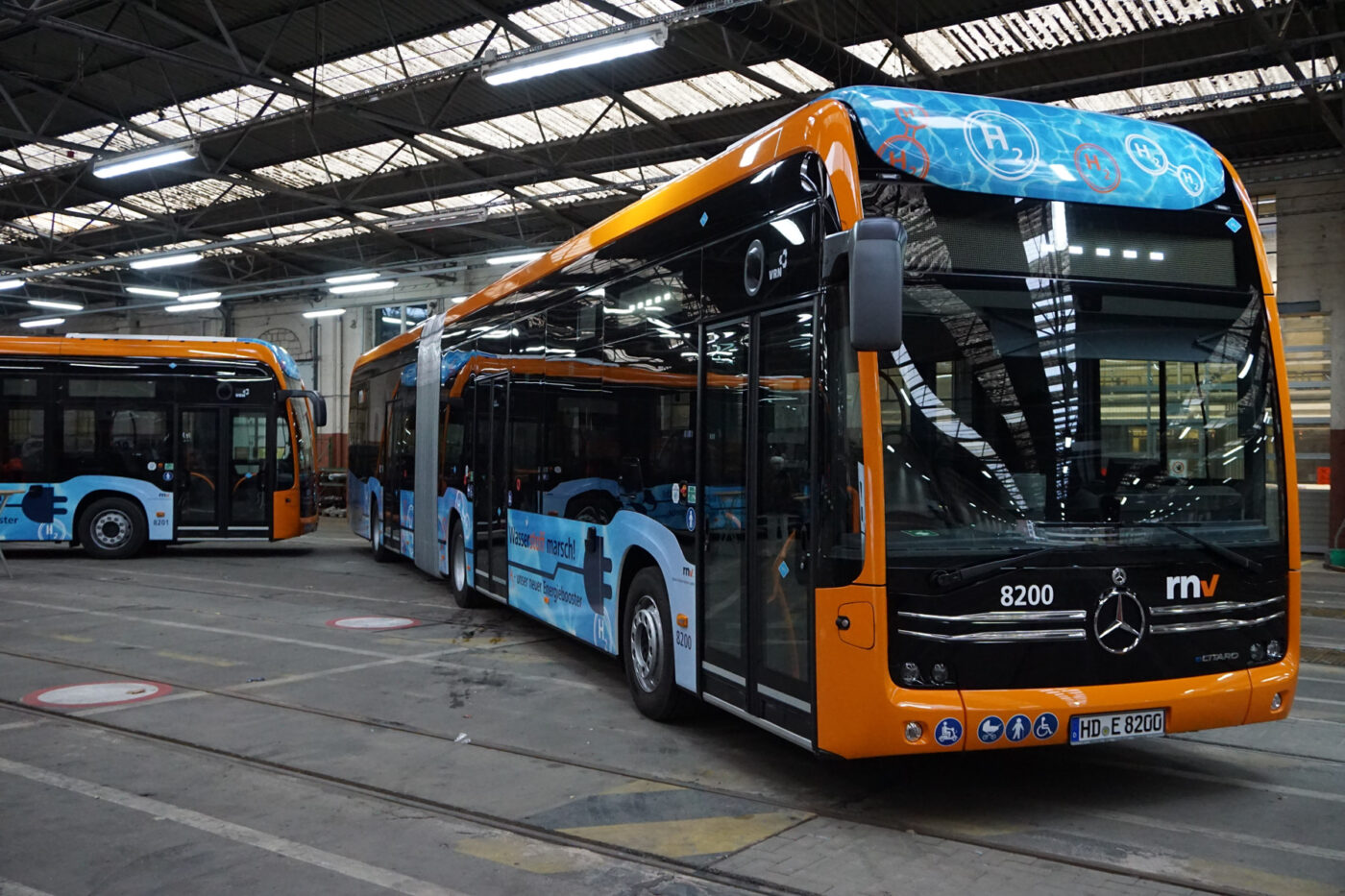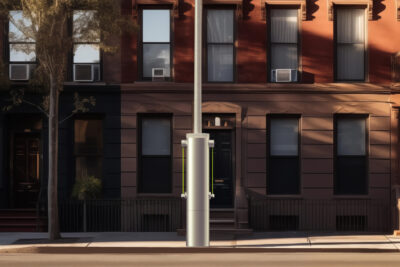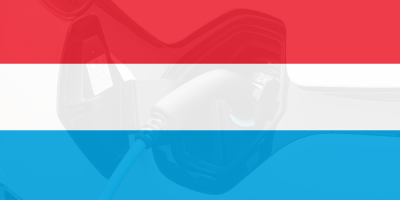Daimler Buses delivers first fuel cell eCitaro G
RNV was one of the first eCitaro customers at the premiere of the battery-electric solo bus in 2019. The battery-electric eCitaro G articulated buses will follow in April 2022. And now the first eCitaro G buses with fuel cell range extenders have been delivered – RNV ordered these vehicles in October 2022. The close relationship between Daimler Buses and RNV is no coincidence: the bus plant in Mannheim is the competence center for Daimler Buses’ city buses – including the eCitaro.
In addition to the three vehicles that have now been handed over, a further 45 eCitaro articulated buses with this drive system are to be delivered successively by the middle of 2025. 40 of the 48 vehicles in total are destined for regular service in Mannheim and Heidelberg. The eight other buses will be used in Ludwigshafen am Rhein.
RNV also has an option to order an additional 27 eCitaro G fuel cell buses, which will increase the RNV bus contingent to a total of 75 fully electric articulated fuel cell buses from Daimler Buses by 2027 if required.
The first three vehicles are scheduled for test operation until the beginning of 2024 before the new vehicles are put into regular service. RNV will use this period to instruct and intensively train the drivers, as well as for test refueling and range estimations, among other things, in order to be able to optimally design and organize the deployment on the lines in Mannheim, Heidelberg and Ludwigshafen. The scientific research accompanying the H2Rhein-Neckar project evaluates the data from real operations and provides further information on optimizing processes in the depot, energy consumption and route planning.
The batteries are supplied with electricity at one of RNV’s 30 electric bus charging stations, while the infrastructure for the FC buses has been expanded to include two hydrogen filling stations. Parallel to the vehicle order in October 2022, work also began on the hydrogen bus depot in Heidelberg. The H2 filling station there is operated by H2 Mobility and is open to the public.
The eCitaro G with range extender has six battery packs, which corresponds to a total energy content of 392 kWh. The six hydrogen tanks hold a total of 30 kilograms of H2. With the electricity from the battery and the 60 kW FC stack, the total range should be “more than 400 kilometers”, according to Daimler Buses in the press release. The batteries are charged by cable; the vehicle has CCS charging sockets on the left and right above the front axle. Hydrogen is charged above the second axle on the right in the direction of travel.
Both the middle and rear axles of the articulated buses are powered. The electric motors close to the wheel hubs deliver 141 kW per wheel and achieve a torque of 494 Nm. This results in a torque of 11,000 Nm per wheel thanks to a fixed transmission ratio.
“We are proud of our long-standing partnership with Rhein-Neckar-Verkehr GmbH, which manifests itself in today’s handover of the first Mercedes-Benz eCitaro G fuel cell,” says Till Oberwörder, CEO Daimler Buses. “The birthplace and production site of our city buses and the headquarters of rnv are closely linked in Mannheim, and this strengthens this location in the Rhine-Neckar region for both companies.”





0 Comments